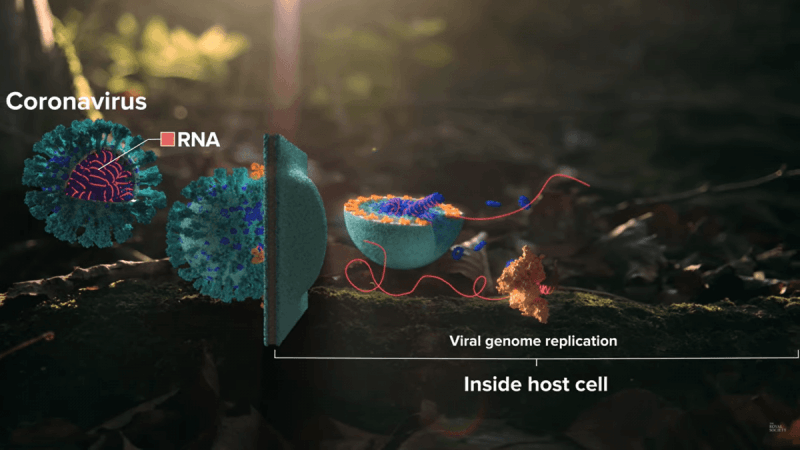New research published in Nature Immunology proposes a technique for finding, recruiting, and genetically profiling SARS-CoV-2 resistant people. Researchers are seeking SARS-CoV-2 resistant individuals globally.
Leading the study is immunologist Evangelos Andreakos and his team from the Academy of Athens. Ontogenetic vulnerability to two contagious diseases (TB) and COVID-19—was examined, as were the three documented cases of inborn resistance to infections. Consider then potential genes for SARS-CoV-2 resistance.

"While we know a lot about the pathophysiology of COVID-19 since it was originally reported in December 2019, we know relatively even less about the human genetic and immunological underpinnings of inborn immunity to SARS-CoV-2," Andreakos explains.
Estimated second attack rates for SARS-CoV-2 infections can account for up to 70% in certain homes, and certain families have been recorded in which all members except one spouse are affected, indicating that certain highly exposed individuals may be immune to infection with this virus.
Blood Type O
Last year, they found that blood type O tended to be resistant to chronic SARS-CoV-2 infection. Other research has looked at proteins like the ACE2 receptor or TMEM41B that the coronavirus appears to need to enter or proliferate within the cell.
"We initially look for uninfected household connections of COVID-19 patients." "We then looked at individuals who are exposed to an index case for at least an hour each day, for the first 3-5 days of symptoms," the researchers wrote.
This would then be confirmed by negative PCR testing and negative blood testing four weeks following exposure, with an emphasis on T cells to show that the individual has never been infected previously.
The team has already enrolled over 400 individuals who satisfy the criteria for participation in a specialized resistance study group and are continually recruiting more participants.

Genes that drive severe Covid
The genetic composition of individuals influences viral vulnerability and response. It may also help to understand causal connections between controllable environmental risk factors for SARS-CoV-2 infection and consequences.
Journal Nature released a paper on this. The rapid discovery of novel COVID-19 host genetic variables was made feasible by the network of human genetic researchers sharing data, findings, resources, and research approaches.
They created a worldwide network of researchers to analyze SARS-CoV-2 and COVID-19 severity. Three genome-wide association meta-analyses involving up to 49,562 COVID-19 participants from 46 research in 19 countries are reported.
Their research found 13 genome-wide significant loci linked to SARS-CoV-2 infection or severe COVID-19 symptoms. Several of these loci have been linked to pulmonary, autoimmune, and inflammatory diseases3–7. They might also be used to fight infection. Mendelian Randomization studies link smoking and BMI to severe COVID-19 but not type II diabetes.





!['Lip lock, pressure, pyaar': Vidya Balan- Pratik Gandhi shine in non-judgmental infidelity romcom Do Aur Do Pyaar [ Review]](https://data1.ibtimes.co.in/en/full/797104/lip-lock-pressure-pyaar-vidya-balan-pratik-gandhi-shine-non-judgmental-infidelity-romcom.jpg?w=220&h=138)







